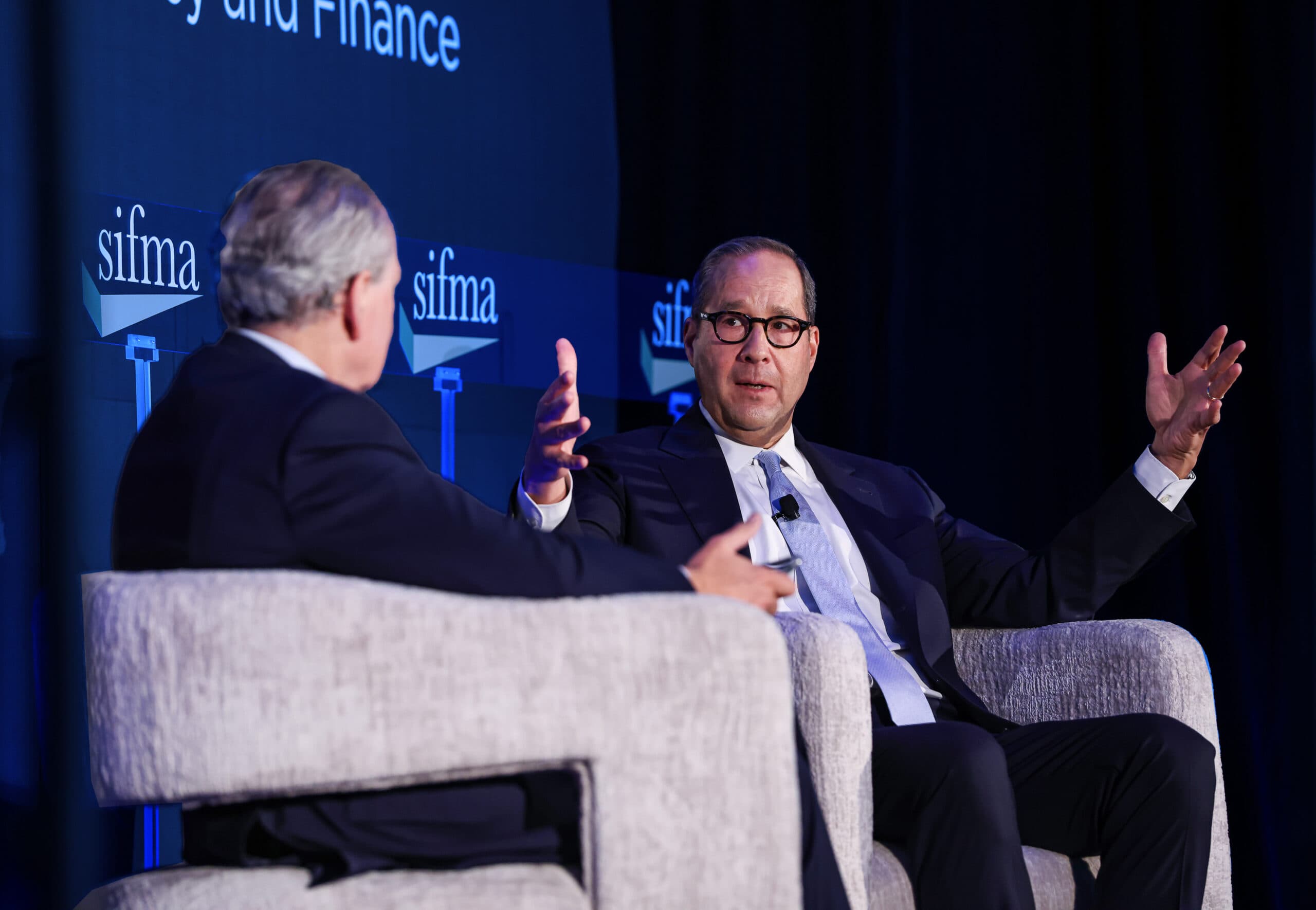Featured Report
Done-Away Model Design Considerations
Developed in collaboration with our members and EY, this resource outlines key design principles, roles and responsibilities, and operational capabilities to help market participants plan for implementation of the SEC’s Treasury Clearing rule. The report builds on SIFMA’s prior industry considerations and provides practical guidance to support operational readiness across execution models.

Holiday Schedule
On behalf of financial markets participants, SIFMA recommends a holiday schedule for financial markets in the U.S., U.K. and Japan. Subscribe today to receive email alerts with the latest updates.
Latest Insights

Pennsylvania + Wall
Dec 11, 2025
Neuberger Berman’s Joe Amato on Opportunity, Market Structure, and the Future of Investing
Insights into the macro backdrop heading into 2026, structural pressure points affecting capital formation, and why AI may become the most powerful productivity engine of the modern era.
Upcoming Events
The foremost advocate for effective and resilient capital markets
- 500+Member Organizations
- 90%US Broker-Dealer Market Share
- $75T+Global Assets Under Management
- 100+Years of Industry Advocacy






